A small team of zoologists, eco-scientists and biologists at Aarhus University, in Denmark, reports that slowing down cargo ships when they move through vulnerable areas could reduce their negative impact on marine life.
Global collision-risk Hotspots of Marine traffic and the World’s largest Fish, the Whale Shark
Marine traffic is increasing globally yet collisions with endangered megafauna such as whales, sea turtles, and planktivorous sharks go largely undetected or unreported. Collisions leading to mortality can have population-level consequences for endangered species. Hence, identifying simultaneous space use of megafauna and shipping throughout ranges may reveal as-yet-unknown spatial targets requiring conservation. However, global studies tracking megafauna and shipping occurrences are lacking.
Compared to all other institutions in the world, corporate enterprises have the most significant impact on the environment. According to the Carbon Majors Report published by the Carbon Disclosure Project in 2017, 100 companies are responsible for 71 per cent of global emissions.
A virulent and fast-moving coral disease that has swept through the Caribbean could be linked to waste or ballast water from ships, according to research.The deadly infection, known as stony coral tissue loss disease (SCTLD), was first identified in Florida in 2014, and has since moved
Across our planet, our coral reefs face a barrage of threats.
All hands have to be on deck if the world is going to tackle degradation, and one of the biggest emitters is also one of the least well known—international shipping.
In 2018 and 2019 there were a record 27 documented whale-ship collisions off the coast of California, although the actual number is likely to be much higher. To reduce the number of deadly collisions, the Benioff Ocean Initiative launched Whale Safe on Sept. 17.
When the cargo ship MV Wakashio ran aground on a coral reef on the southeast tip of Mauritius, in the Indian Ocean almost exactly a month ago, it unleashed a vast oil spill.
At least 38 dead dolphins have washed ashore on the island of Mauritius in the aftermath of a massive oil spill from a Japanese ship.
Environmental groups on Thursday said almost all the remaining oil has been pumped from the Japanese ship that struck a coral reef off the south-east coast of Mauritius in late July, limiting further damage from an oil spill that has likely caused “irreversible” ecological blows...“Make no mistak

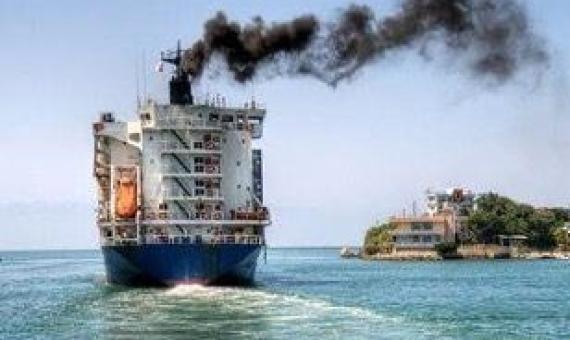
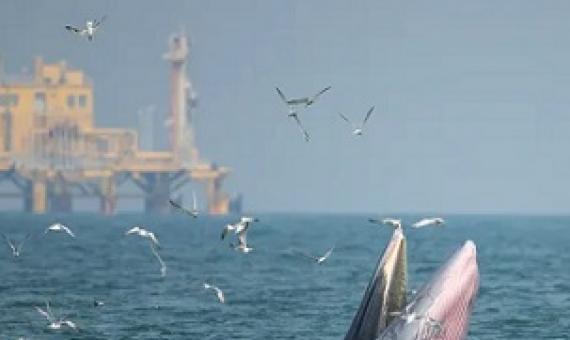
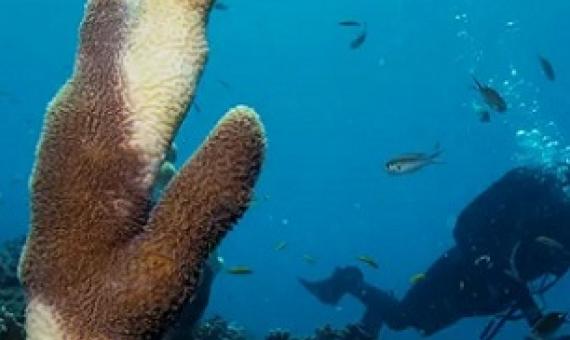
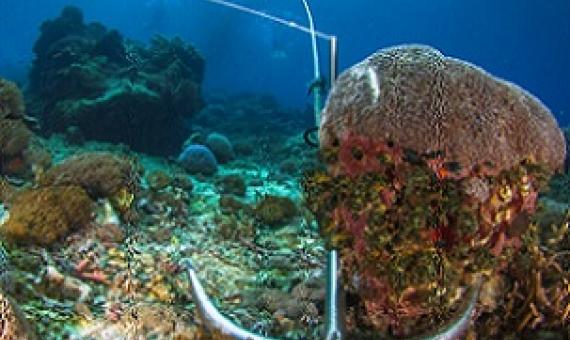
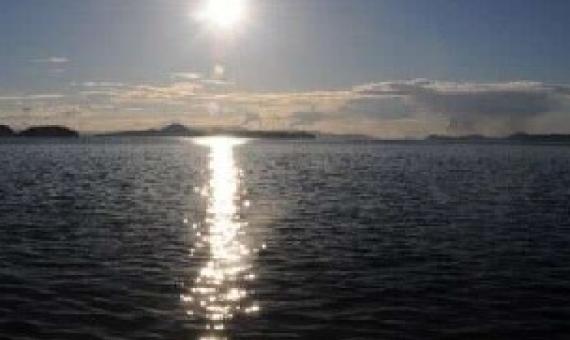
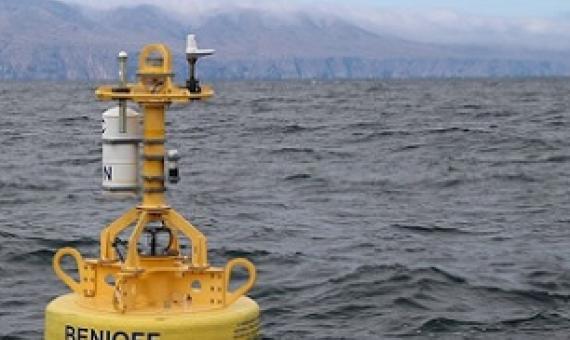
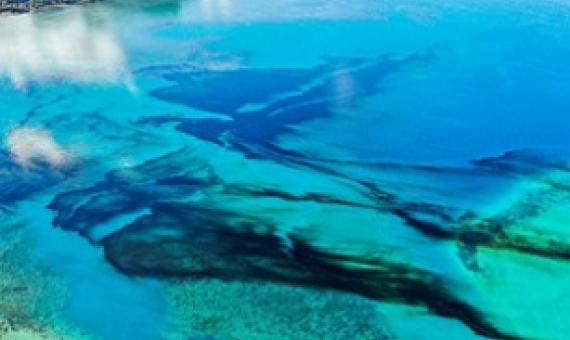
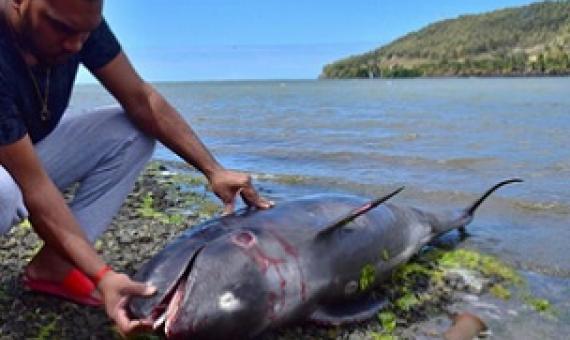
![This aerial view taken on August 8, 2020 shows a large patch of leaked oil and the vessel MV ... [+] AFP VIA GETTY IMAGES](/sites/default/files/styles/news_teaser/public/Mauritius_OILspill.jpg?itok=4dYNhfvd)





